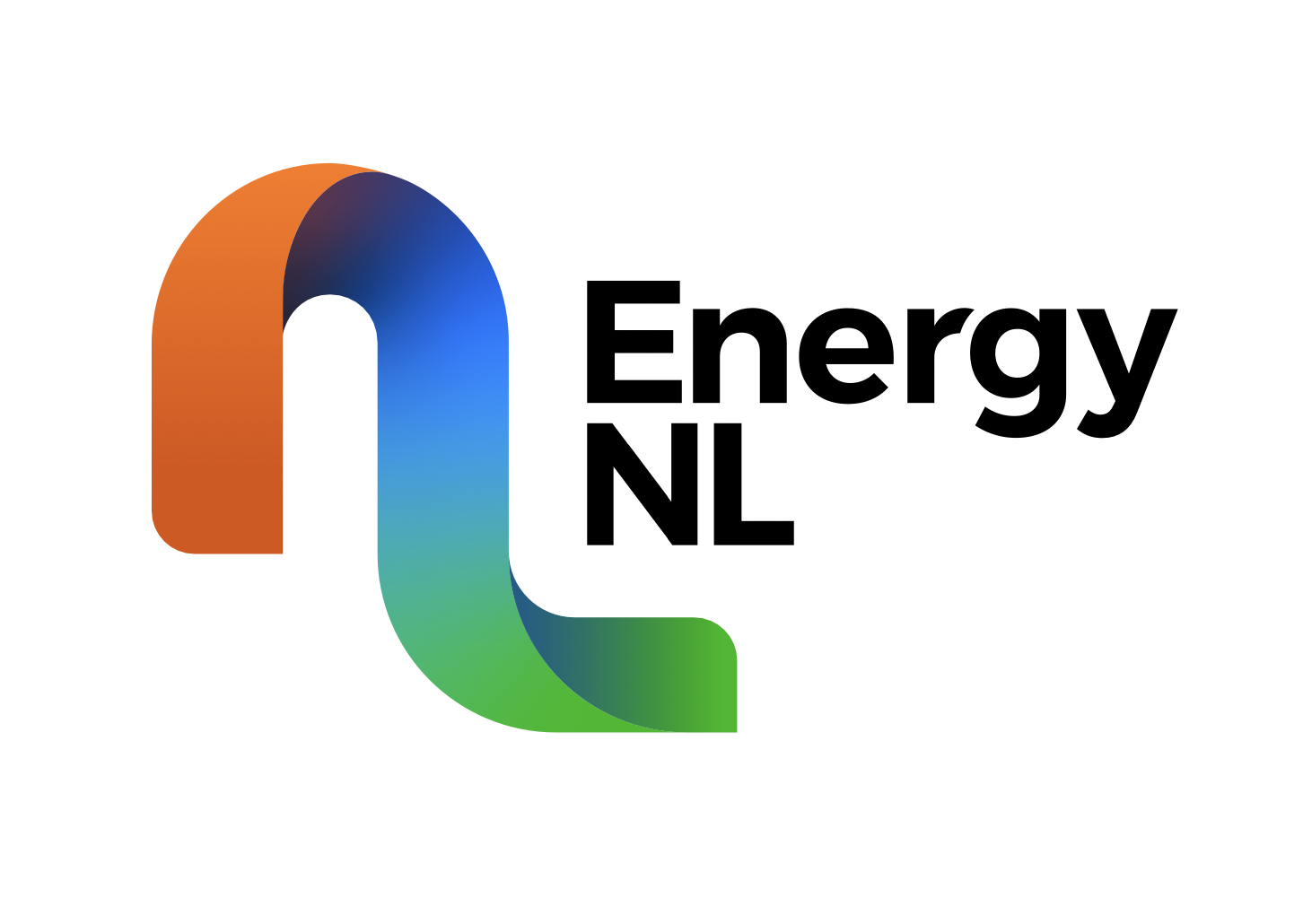Canada’s oil and gas producers say a series of federal liquidity support programs designed to help the sector through a pandemic-caused crisis are ineffective and overly prescriptive.
The Canadian Association of Petroleum Producers, an oil lobby group, is pushing the federal government to rejig the programs launched through Export Development Canada and the Business Development Bank of Canada, along with the Large Employer Emergency Financing Facility program, and help the energy sector “before it’s too late.”
Association vice-president Ben Brunnen said Tuesday that only five CAPP members have applied for supports through EDC, and none are pursuing money through LEEFF. Two of the five EDC applications have been approved, he said, but cash has yet to materialize.
The EDC and BDC programs target mid-sized to small companies. The goal is to provide cash through banks to help companies manage the challenges they are facing because of the global pandemic and decline in oil prices and demand, but Mr. Brunnen said they have been “difficult” and slow to get off the ground.
“They’re technically complex – I think overly complex – and they still don’t meet the short-term liquidity needs for the industry, so there are definitely some tweaks and changes we’re looking for” that would make the programs more accessible, he told The Globe and Mail.
“We’re hearing one of the key barriers is that EDC hasn’t put enough skin in the game to support companies based on what their needs are,” he said. “We’re asking for a little bit of energy to be put into that to speed it up.”
As for LEEFF, Mr. Brunnen said it’s “just not a viable option.”
The intent of LEEFF is to provide bridge financing in the form of interest-bearing term loans, to help pandemic-affected companies preserve jobs, operations and investment until they can access more traditional market financing.
But it comes with strings, including an interest rate that increases over the course of the loan and a swath of reporting requirements around climate change and what the company is doing to help Canada reach its 2050 goal of net-zero greenhouse-gas emissions.
“There is just absolutely no interest in pursuing that program due to the nature of the restrictions,” Mr. Brunnen said.
On Tuesday night, EDC said it has provided support to 11 oil and gas companies, totalling around $400 million so far.
EDC spokesperson Jessica Draker said in an email that increasing the amount of climate-related information is a crucial part of Canada’s transition to a lower carbon economy.
“By making this a condition of our business support, we are helping to make climate-related information more widely available and are promoting its importance as a tool in the global fight against climate change,” she said.
Alberta has said it would provide credit supports to oil and gas companies if the federal programs don’t work for industry. Premier Jason Kenney repeated that message Tuesday, saying his government is prepared to step in “as a last resort.”
He said while his government hasn’t received calls from individual companies, CAPP or other industry associations asking for the province to extend those supports, it continues to work with Ottawa and the oil and gas sector to improve the federal credit programs.
Mr. Kenney met with a group of oil company leaders Saturday. He said his takeaway was that most oil sands producers will be “able to survive this crisis” if oil prices remain steady at around US$40 a barrel.
Mr. Brunnen acknowledged that the market has stabilized since West Texas Intermediate prices plummeted to around negative US$35 in April, but said companies “aren’t out of the woods from a cash-flow perspective.”
“Some are probably still in negative territory and others just scraping by. Maybe the urgent need for larger companies isn’t quite as acute as it was in April, but that doesn’t mean the companies aren’t interested in having some access to liquidity in the event that they need it.”
—
Source: The Globe and Mail | This text was excerpted from the media outlet cited on July 29, 2020 and is provided to Noia members for information purposes only. Any opinion expressed therein is neither attributable to nor endorsed by Noia.






